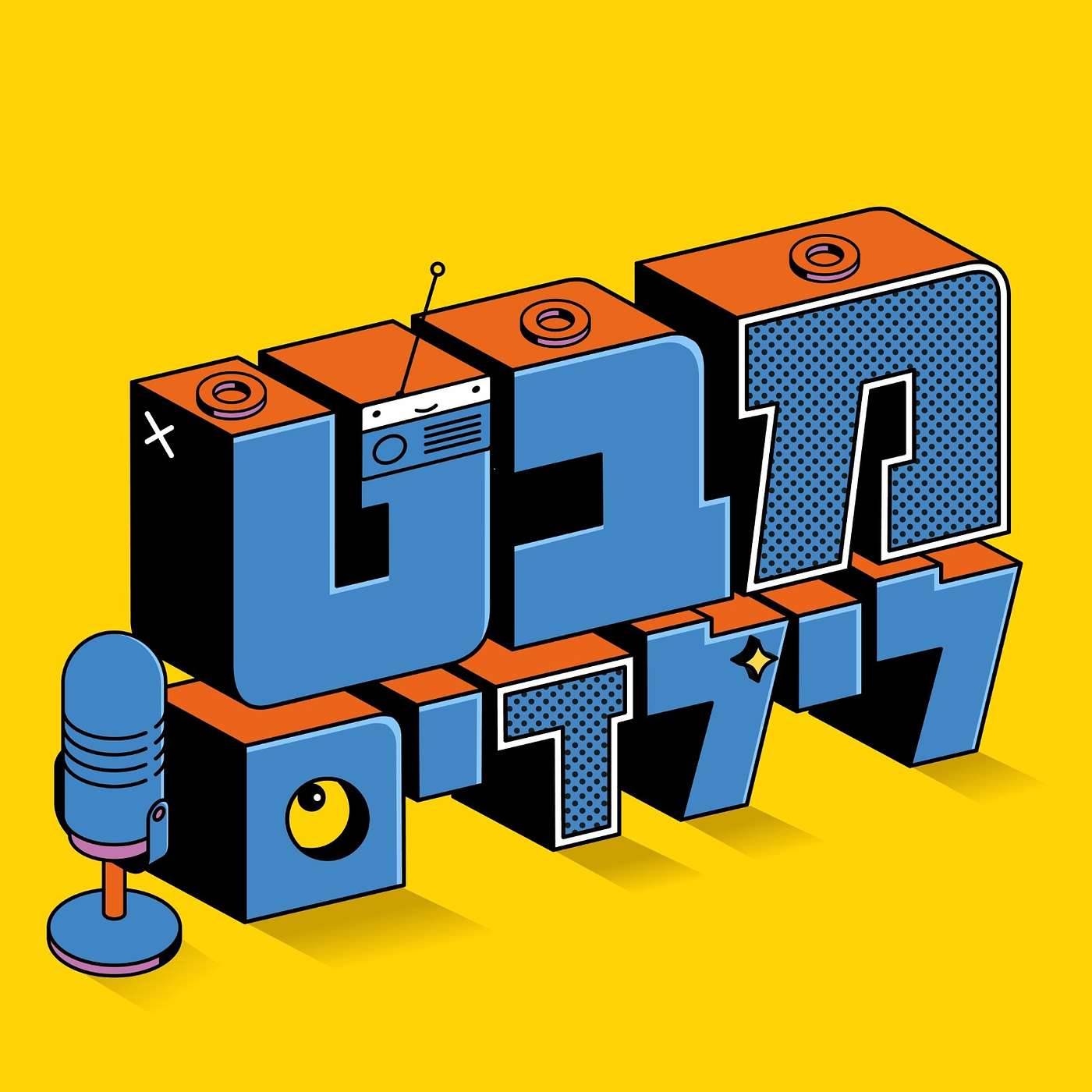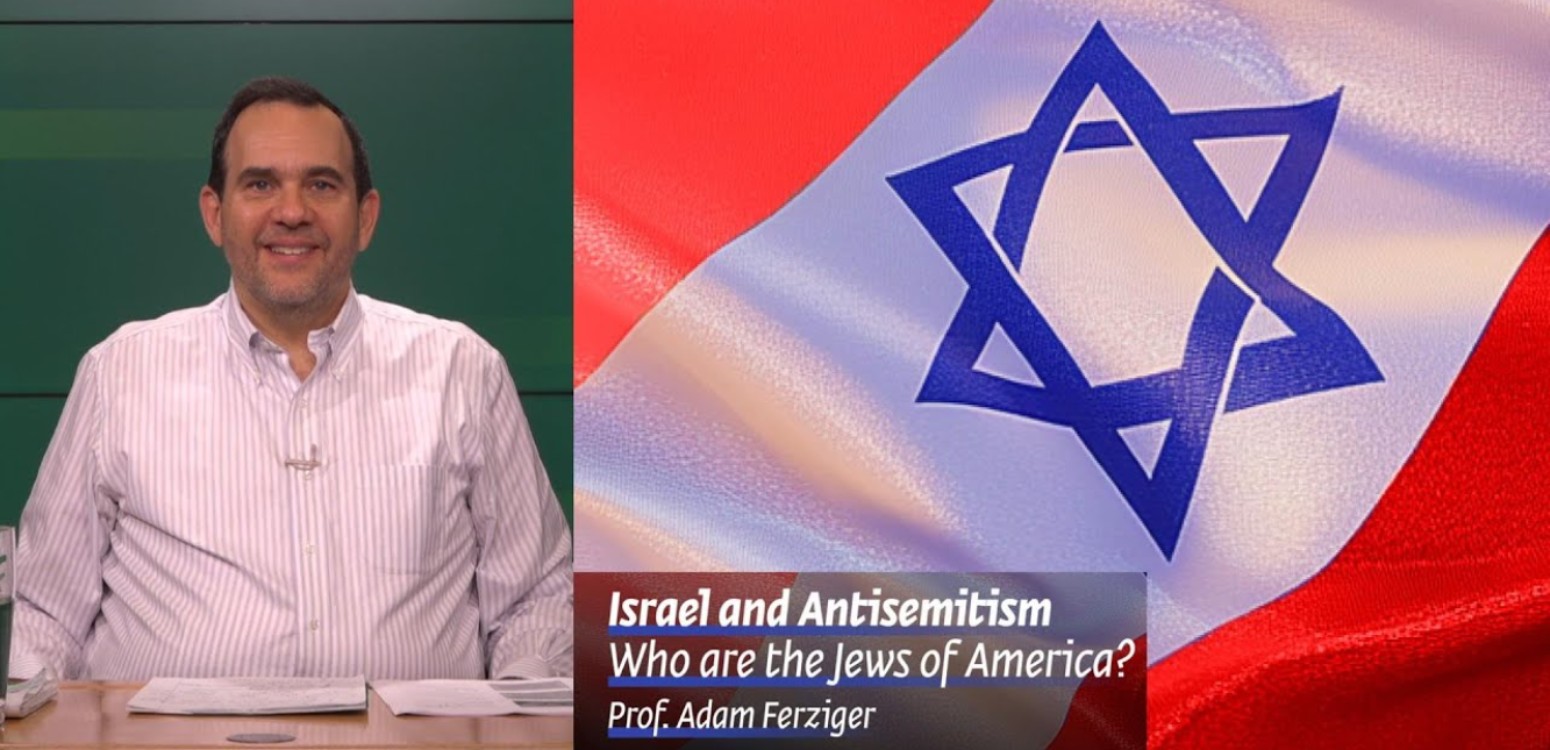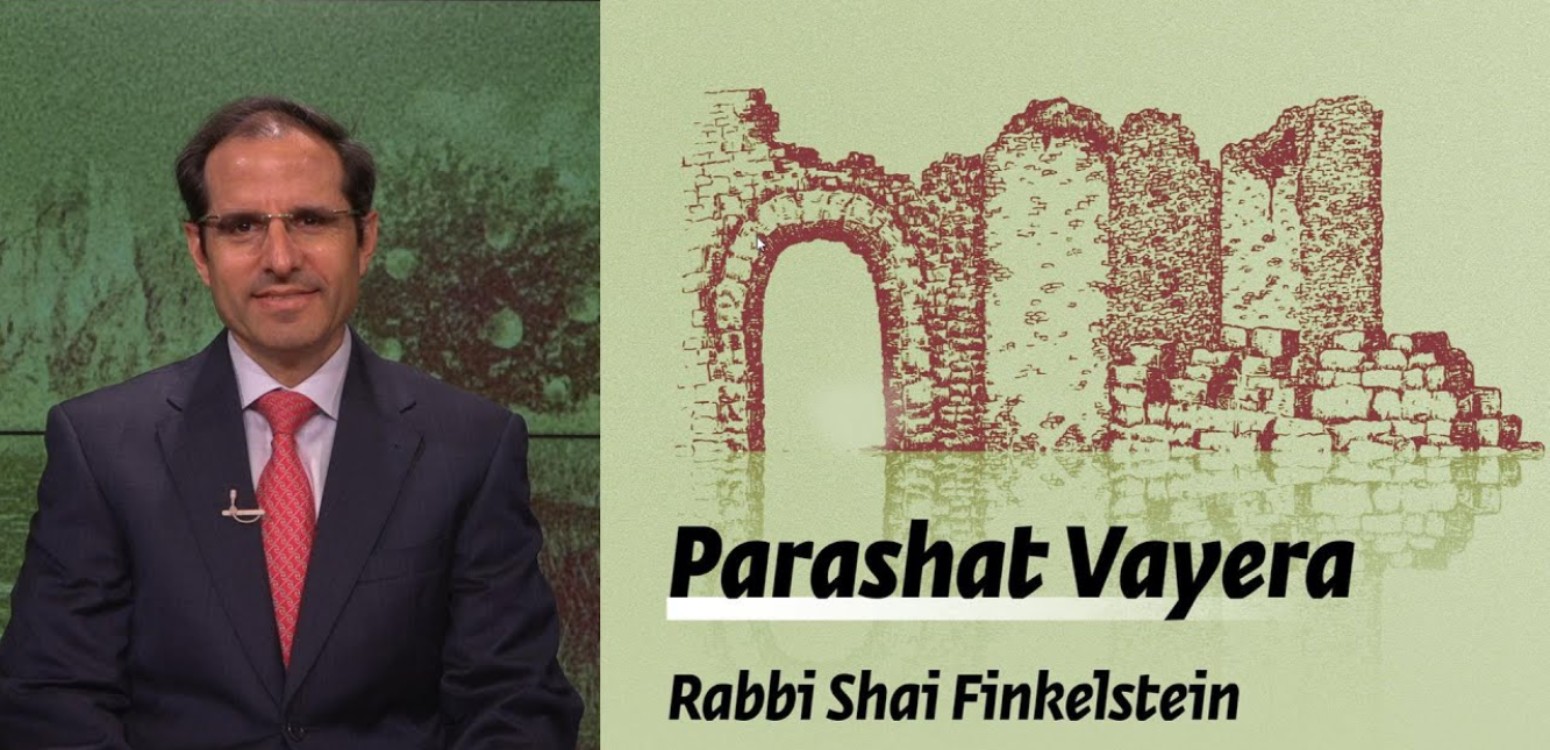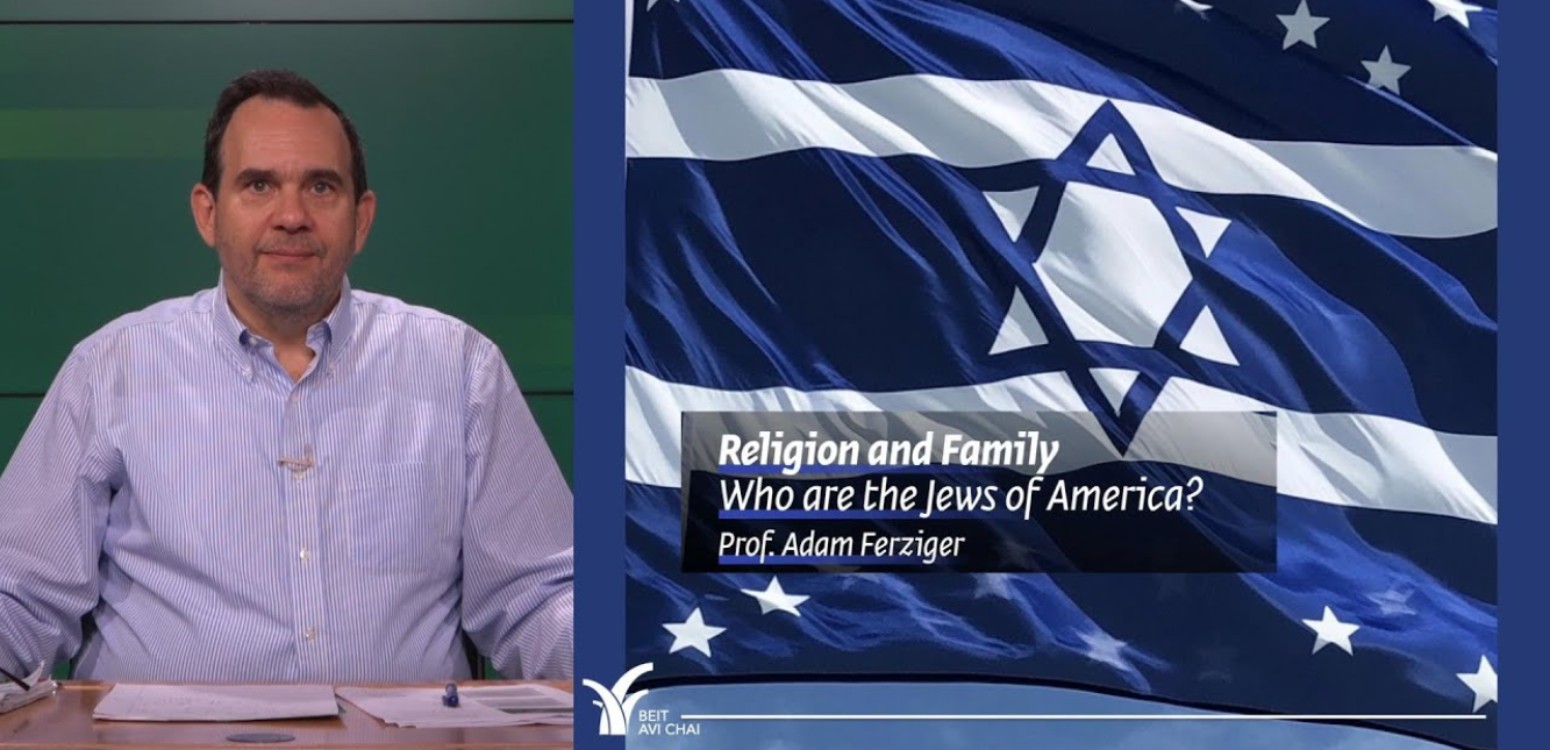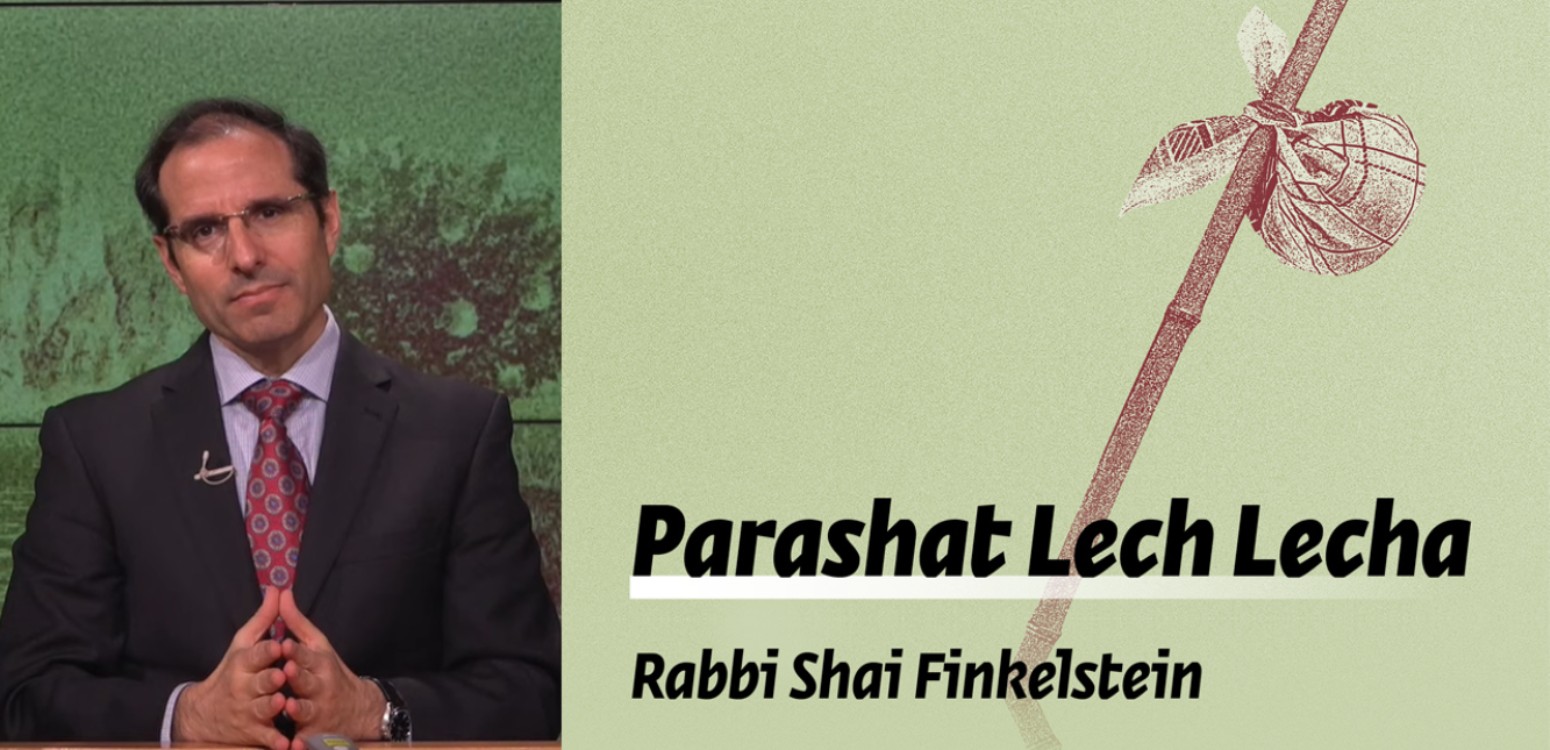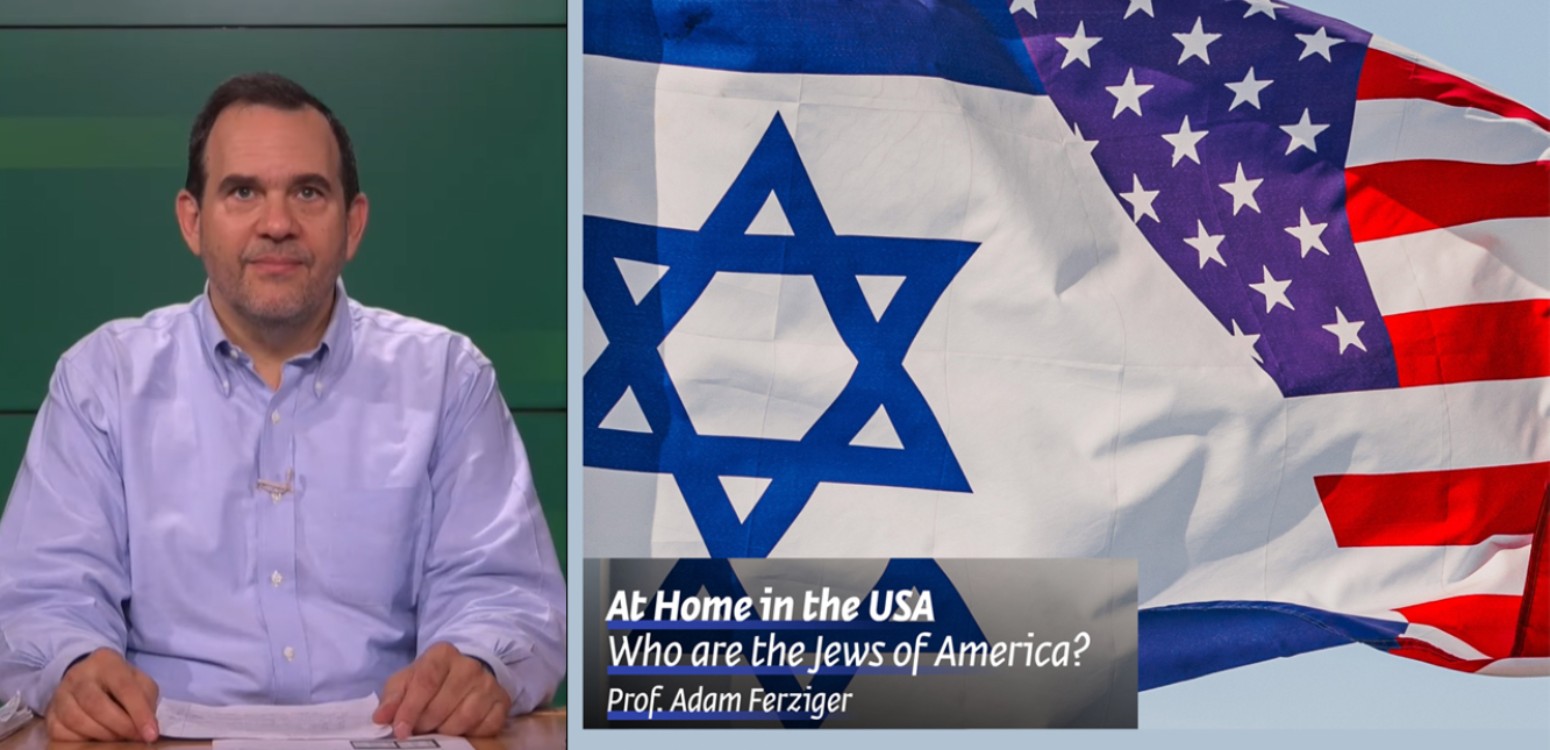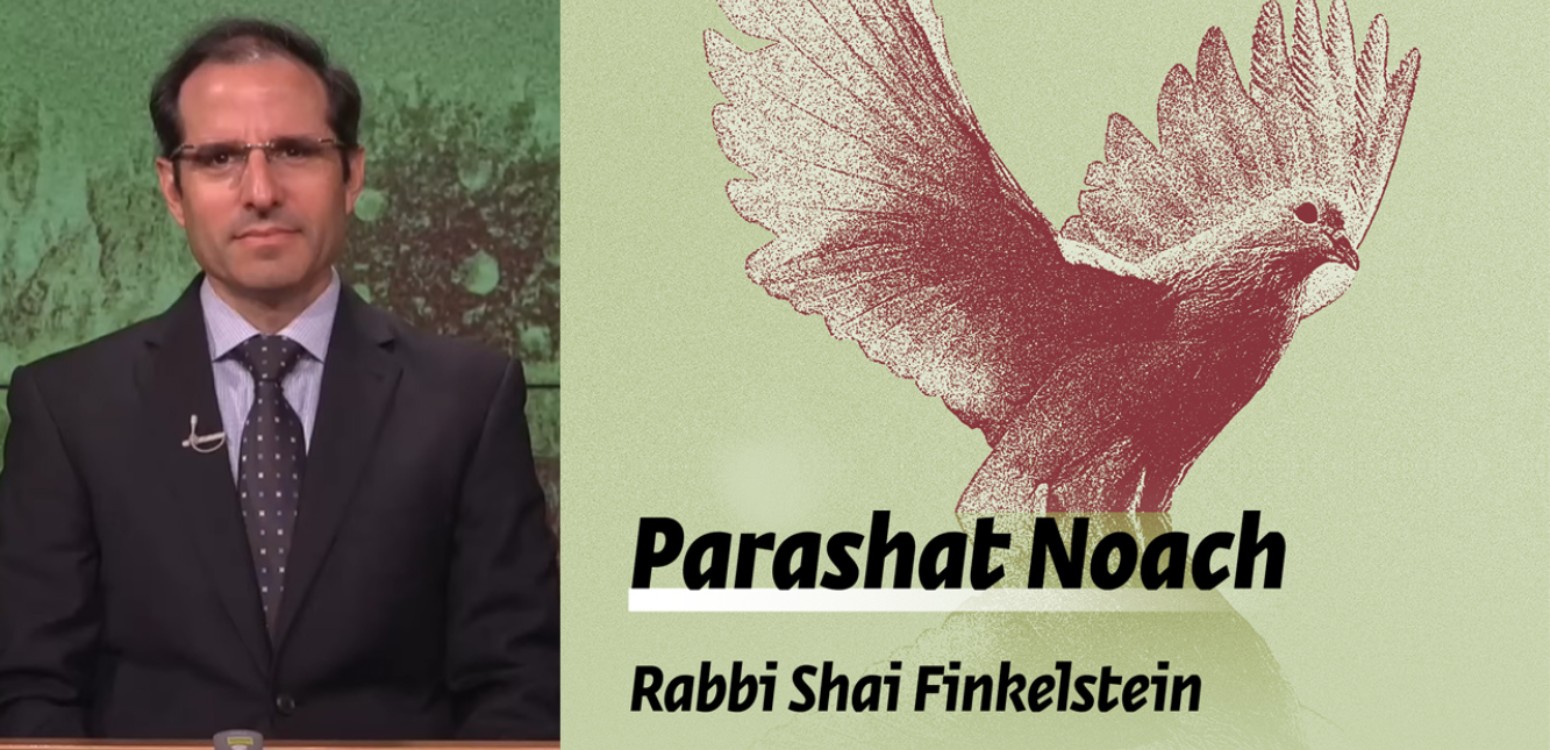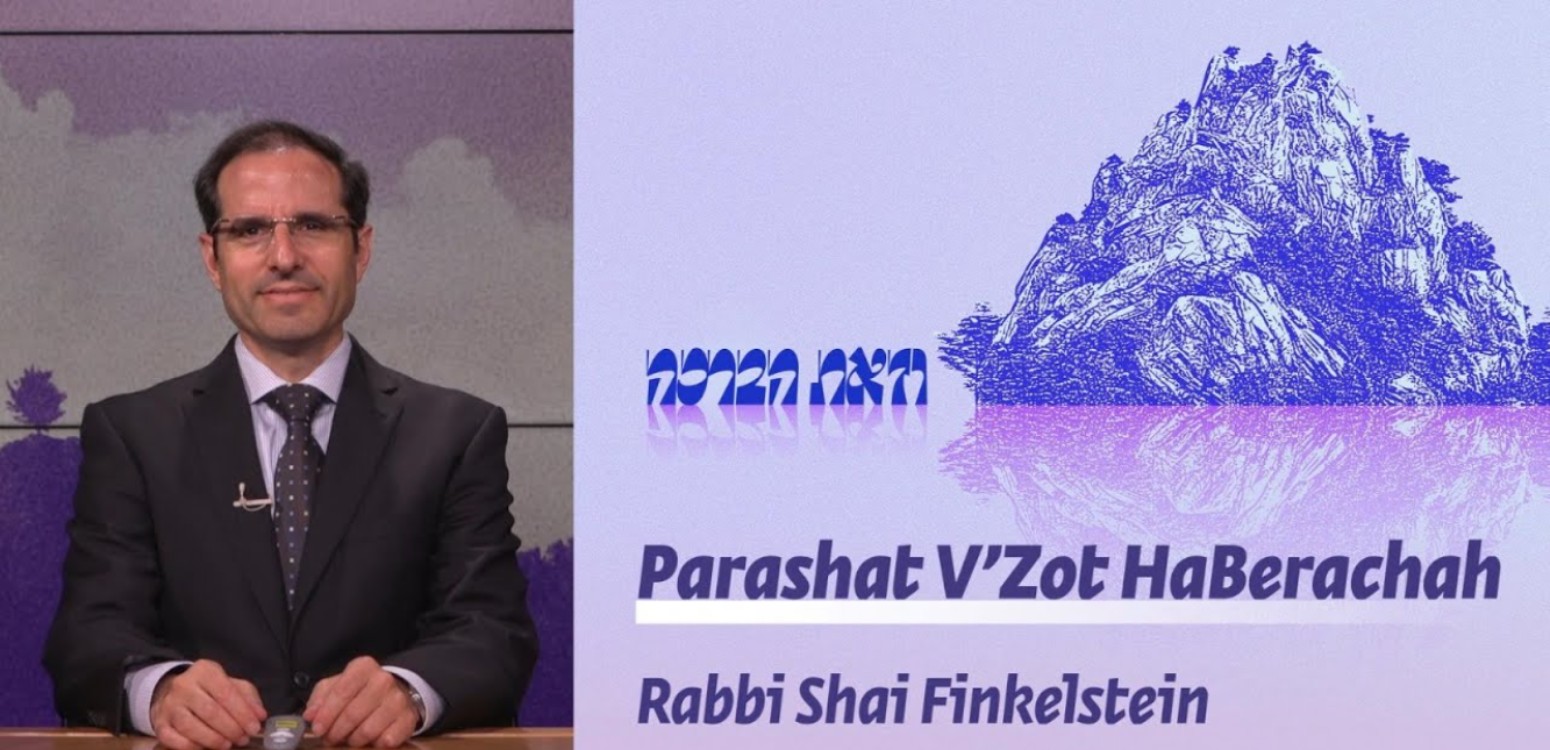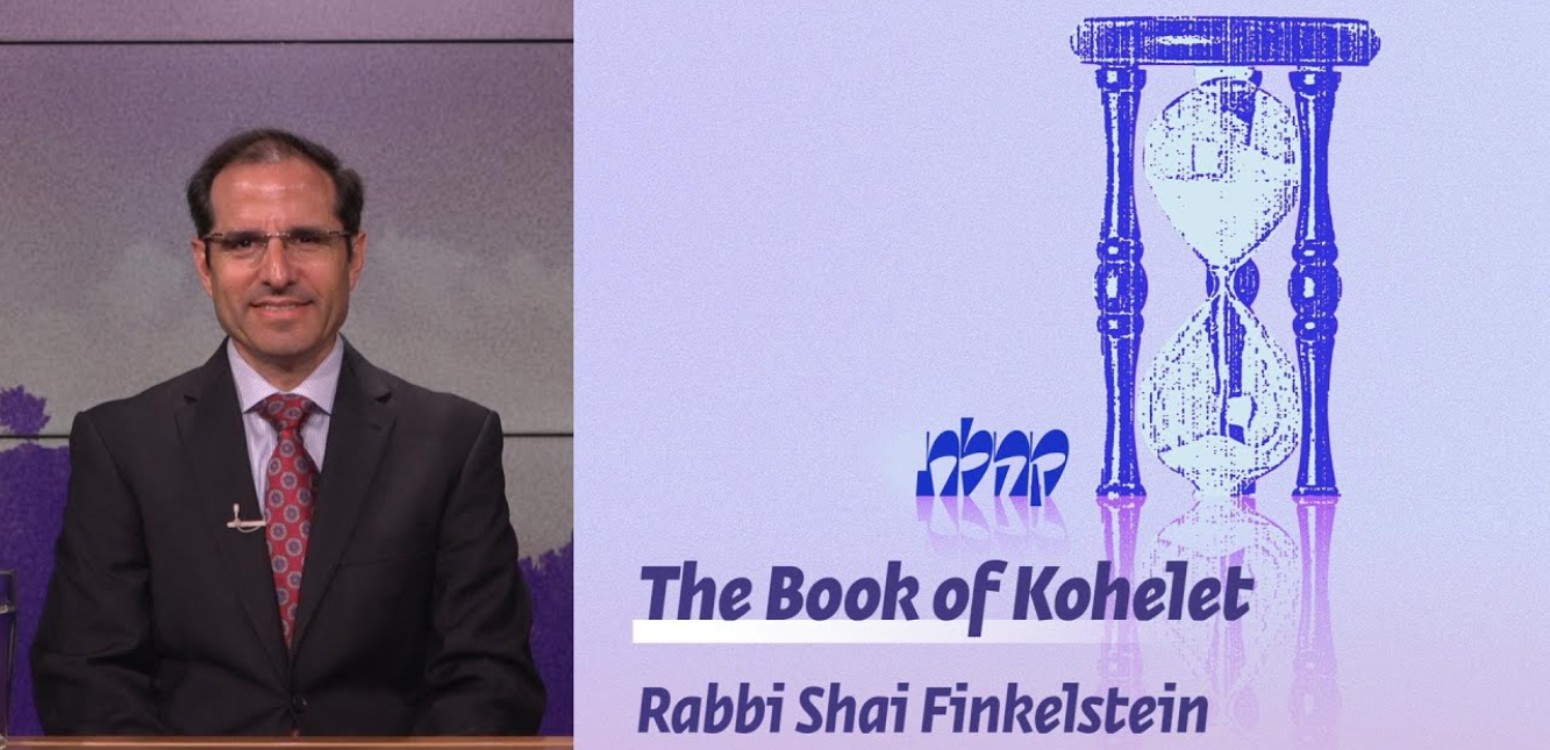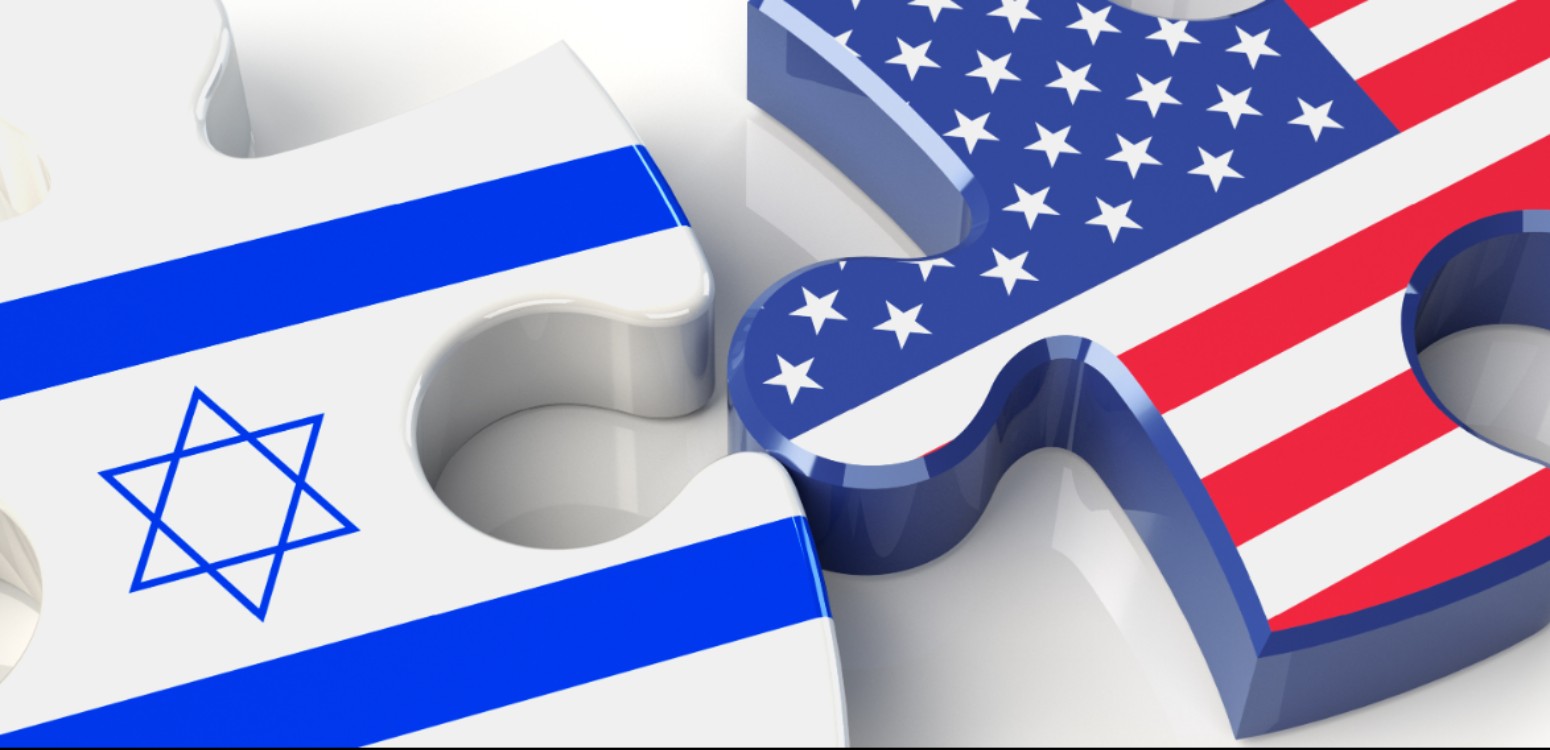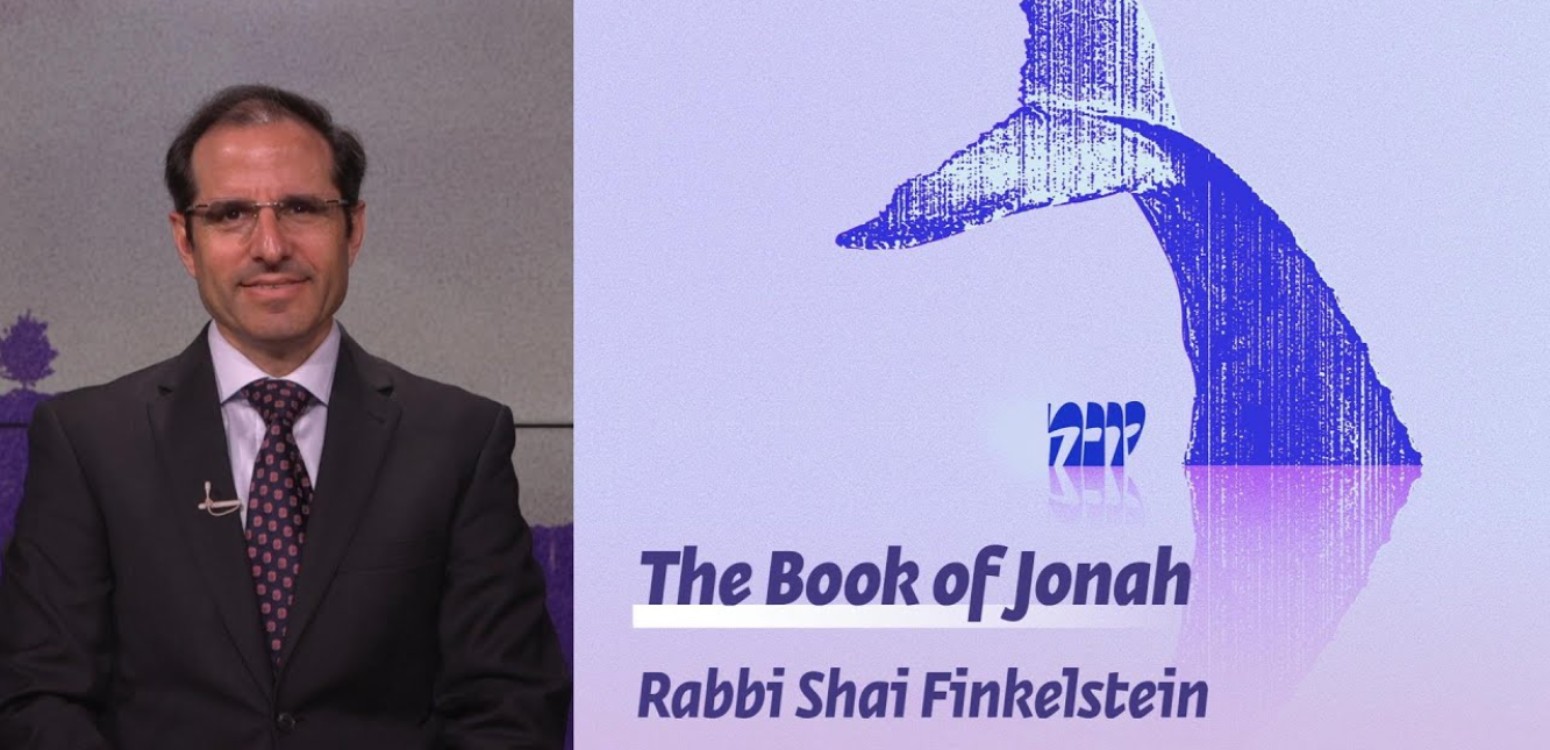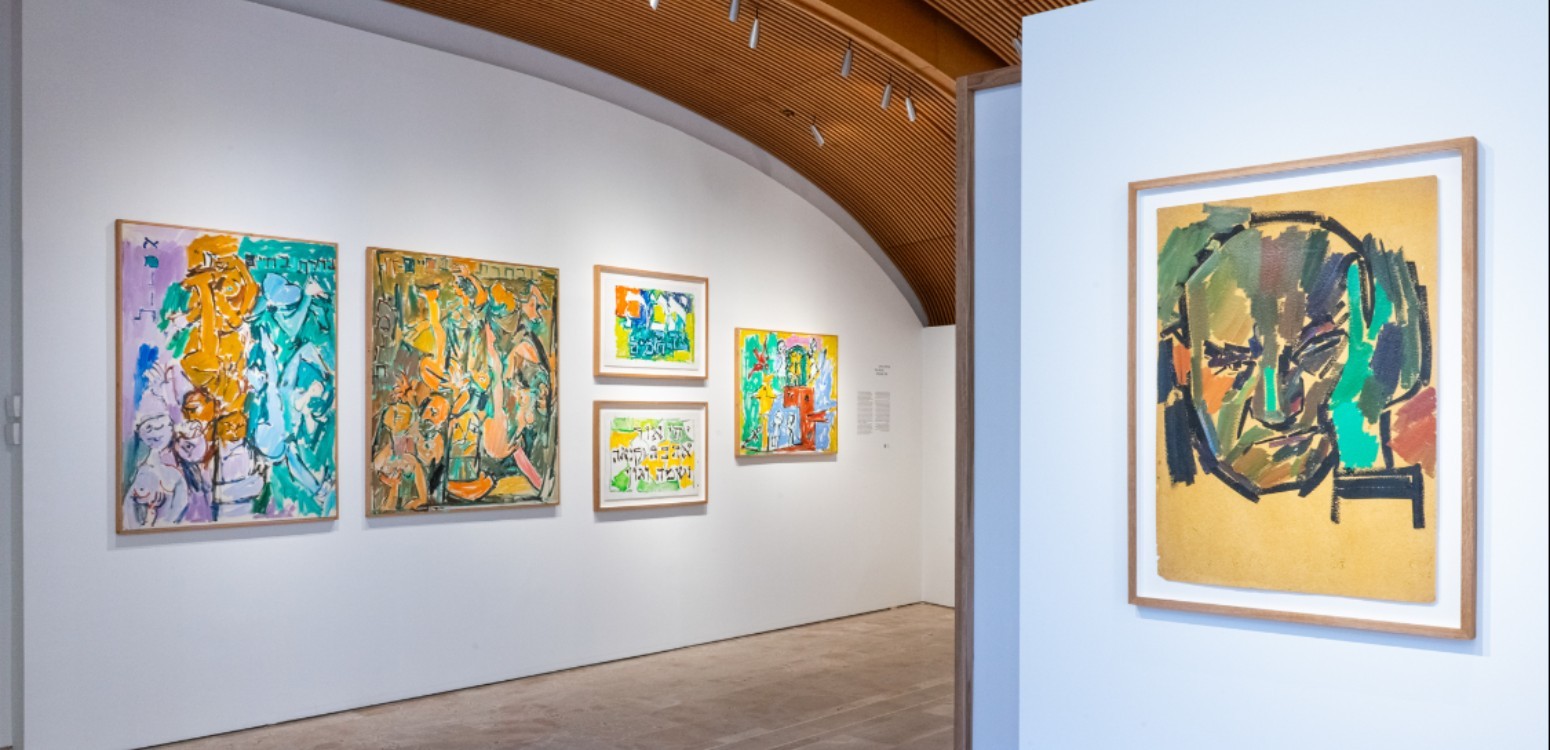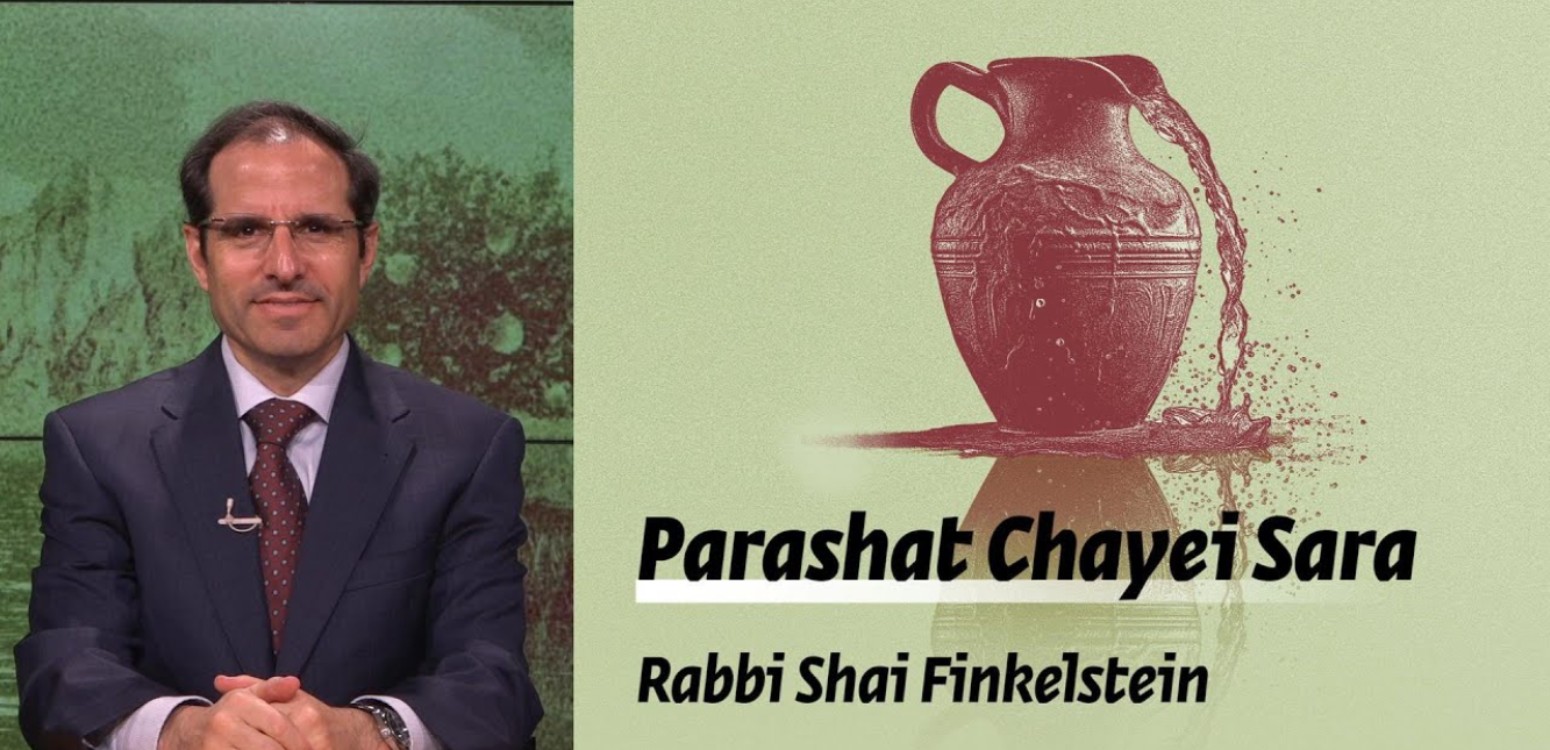
Israeli author David Grossman has written an essay which is worthwhile reading in this time of crises. It first appeared in Ha'aretz on March 24, 2020. If you missed it, we republish it here.
The article was first published in Haaretz Weekend Magazine on 19/03/20
It’s bigger than us, the plague. It’s stronger than every flesh-and-blood enemy we’ve encountered, more powerful than every superhero we’ve conjured up in our imaginations and in the movies. Occasionally a bloodcurdling thought worms its way into the heart, that perhaps this time, in the war against it, we will lose, truly lose. A worldwide defeat. Like in the days of the “Spanish flu.” It’s a thought that’s immediately discarded, because how could we possibly lose? After all, we are 21st-century humanity! We are advanced, computerized, armed with countless weapons and means of destruction, protected with antibiotics, immunized… Yet nevertheless, something about it, about this plague, says that the rules of the game this time are different from what we’ve become accustomed to – so much so, in fact, that it can be said that for now, there are no rules. With dread we count hourly the sick and the dead in every corner of the world. Whereas the enemy pitted against us shows no signs of tiring or slowing down, while it harvests among us without interruption, and uses our bodies to multiply.
“A pestilence isn’t a thing made to man’s measure; therefore we tell ourselves that pestilence is a mere bogey of the mind, a bad dream that will pass away,” Albert Camus wrote in his novel “The Plague.” “But it doesn’t always pass away and, from one bad dream to another, it is men who pass away… [They] thought that everything still was possible for them; which presupposed that pestilences were impossible. They went on doing business, arranged for journeys, and formed views. How should they have given a thought to anything like plague, which rules out any future?” (Translation by Stuart Gilbert)
We already know: A certain percentage of the population will be infected by the virus. A certain percentage will die. In the United States, they’re talking about a million people. Death is very tangible now. Those who can, repress. But those whose force of imagination is highly active – such as this writer, for example: so you have to take what he writes with doubt and skepticism – becomes a victim of imaginings and scenarios that multiply themselves with a speed that is no less than the rate of infection of the virus. Nearly every person I meet projects to me in a flash the various possibilities of his future on the roulette wheel of the plague. And of my life without them. And their life without me. Every meeting, every conversation, could be the last.
The ring is growing ever tighter. At first they told us, “We are closing the skies” (what a term!). Afterward the beloved cafés were shut down, the theaters, the sports fields, the museums. The kindergartens, the schools, the universities. One after the other, humanity is extinguishing its lanterns.
Suddenly, a disaster of biblical scale has entered our lives. “Then the Lord sent a plague upon the people.” And the world was plagued. Every person in the world is taking part in this drama. No person is excluded. There is no one whose intensity of participation is less than that of others. On the one hand, because of the nature of mass slaughter, the dead we don’t know are only a number, they are anonymous, faceless. But on the other hand, when we look today at those who are close to us, at our loved ones, we feel how much every person is an entire culture, infinite, whose disappearance would dislodge from the world someone who is now and will always be irreplaceable. The uniqueness of every person suddenly cries out from within them, and just as love causes us to set apart one person from the masses that flow through our life, so, we see now, the awareness of death also causes us to do.
And blessed be humor, the best way to withstand all this. When we are able to laugh at the coronavirus, we are actually saying that it has not yet driven us into total paralysis. That within us there is still freedom of movement in facing it. That we are continuing to fight it and that we are not only its helpless victim (more precisely, we are in fact its helpless victim, but we invented a way to bypass the horror of that knowledge and even to amuse ourselves with it).
For many, the plague might become the fateful and formative event in the continuation of their lives. When it fades away, at long last, and people come out of their homes following a lengthy closure, new and surprising possibilities might be articulated: perhaps having touched the foundation of existence will foment that. Perhaps the tangibility of death and the miracle of being rescued from it will jolt and rattle women and men. Many will lose their loved ones. Many will lose their place of work, their livelihood, their dignity. But when the plague ends, there may also be those who will not wish to return to their former lives. There will be those – the ones who are able to, of course – who will leave the job that for years stifled and suppressed them. Some will decide to leave their family. To separate from their partner. To bring a child into the world, or precisely to refrain from that. There will be those who will come out of the closet (out of all manner of closets). Some will start to believe in God. There will be religious believers who will apostatize. Possibly a consciousness of life’s brevity and fragility will spur men and women to set a new order of priorities. To insist far more on distinguishing the wheat from the chaff. To understand that time – not money – is their most precious resource.
There will be some who will ask themselves questions for the first time about the choices they made, about what they passed up and about the compromises they made. About loves they did not dare to love. About lives they did not dare to live. Men and women will wonder – for a short time, likely, but the possibility will nonetheless be articulated – why they have blighted their days with relationships that make their lives a misery. There will also be those whose political outlooks will suddenly look mistaken to them, being based exclusively on fears or on values that disintegrated in the course of the plague. Perhaps some will suddenly cast doubt on the reasons that have made their nation fight its enemy for generations and believe that war is a divine edict. Perhaps going through such a difficult human experience will induce people to detest nationalistic views, for example, and reject attitudes that promote separation and xenophobia and self-containment. Possibly there will also be some who will for the first time wonder, for example, why Israelis and Palestinians continue to do battle against each other, afflicting their lives for more than a hundred years with a war that could have been resolved long ago.
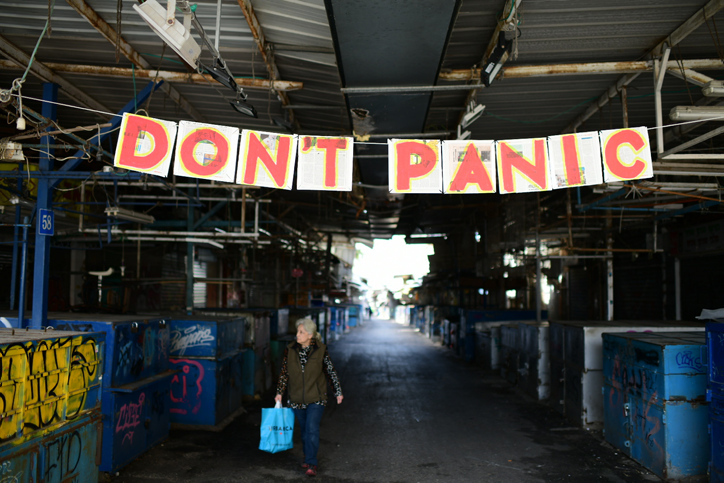 Photo by Tomer Neuberg/Flash90 |
The very act of exercising the imagination from the depths of the despair and the fear that now prevail possesses a force of its own. The imagination can not only see doom, it can also sustain freedom of the mind. In paralyzing times like these, the imagination is like an anchor that we cast from the depths of despair into the future, which we then start to pull ourselves toward. The very ability to imagine a better situation means that we have not yet allowed the plague, and the dismay it causes, to nationalize our whole being. As such, it is possible to hope that perhaps, when the plague ends and the air will be filled with feelings of healing and recuperation and health, a different spirit will pervade humanity; a spirit of easefulness and of a new freshness. Perhaps people will begin to reveal, for example, engaging signs of innocence unspoiled by even an iota of cynicism. Perhaps softness will suddenly become, for a certain time, legal tender. Maybe we will understand that the murderous plague has given us an opportunity to slice from ourselves layers of fat, of swinish greed. Of thick, undiscriminating thought. Of abundance that became excess and has already begun to suffocate us. (And why in the world did we collect so many objects? Why did we heap up our lives until life itself was buried beneath mountains of objects that have no object?)
It may be that people will look at all manner of twisted handiwork of the society of abundance and excess and simply want to throw up. Perhaps they will suddenly be struck by the banal, naive awareness that it is absolutely terrible that there are people who are so rich and others who are so poor. That it is absolutely terrible that such a rich and sated world doesn’t give every baby that’s born an equal opportunity. For surely, we are all one infectious human fabric, as we are now discovering. Surely the good of every person is ultimately the good of us all. Surely the good of the planet on which we live is our good, it is our well-being and the clearness of our breathing, and the future of our children.
And perhaps the media, too, whose presence is almost total in writing the story of our life and our era, will ask themselves honestly what their part was in the feeling of general disgust in which we were mired before the plague. Why we were left with the feeling that people with unabashed vested interests were manipulating us relentlessly, brainwashing us and looting our money. And that our media were telling us our complicated and tragic story in a cynical and coarse manner. I am not talking about the serious, investigative, courageous press, but about the “mass media” that have long since morphed from media aimed at the masses to media that turn humans into a mass. And not infrequently, also into a rabble.
Will anything of what has been described here come to pass? Who knows? And even if it does come to pass, I fear that it will fade away quickly and things will go back to what they were before we were plagued, before the flood. What we will undergo until then is very difficult to guess. But we will do well to go on asking the questions, as a type of medicine, until a vaccine is found for the plague.
Also at Beit Avi Chai


